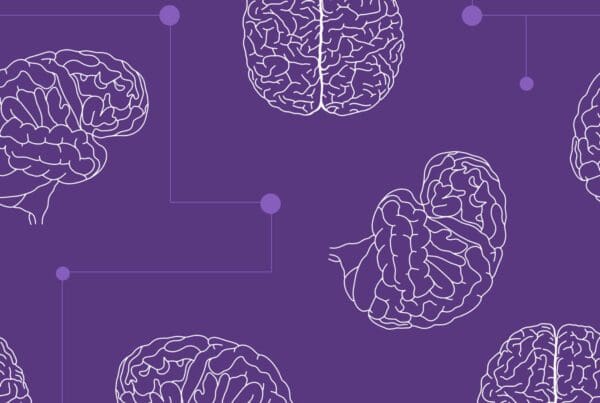National experts to convene at USC Leonard Davis School of Gerontology for Morton Kesten Summit
Contact: Orli Belman, 213 821-9852 or obelman@usc.edu
- Learn the latest trends, issues and advances in technology, services, home modifications and fall prevention to help seniors age in their homes and communities.
- Meet the leading academics, service providers and government officials who are advancing the state-of-the art for aging in homes and neighborhoods, identifying what works and planning for the future.
- Hear about person-centered care and its emergence in health and service delivery systems, including how asking “what matters to you?” instead of “what’s the matter with you?” can lead to improved care.
- See winning universal design ideas that support aging-in-place, including a computer mouse especially designed for arthritic hands.
WHAT: The 2016 Morton Kesten Summit: Aging in Homes and Neighborhoods Today
WHO: 200 attendees from across the country including expert speakers from the Centers for Disease Control, National Council on Aging, MIT AgeLab, USC Leonard Davis School of Gerontology and more. Click here for full list of panelists.
WHEN: 8:30 am – 4:30 pm,Wednesday, October 20, 2016. Experts will be available for media interviews throughout the day. Lunch will be provided. Selected presentations will be available online for those who cannot attend in person.
WHERE: USC Leonard Davis School of Gerontology, 3715 McClintock Ave. Los Angeles, CA 90089. Parking will be reserved in Lot A for media who RSVP.
WHY: To address important issues including…
- Aging in Place: AARP research consistently finds that the vast majority of people age 50 and older want to stay in their homes and communities for as long as possible. What programs and policies are making this possible? What challenges remain?
- Technology: The next-generation retiree will have an unprecedented array of technologies and tech-enabled services to invent a new future for working part time, remaining social, having fun, living at home, staying healthy and arranging care, according to the MIT AgeLab. What will that future look like? What are the barriers to adoption?
- Service Delivery Innovations: Over half of all Americans turning age 65 will one day need a high level of help with basic daily activities like walking, eating, and getting out of bed in the morning. Older adults with this level of need are often viewed as “patients” by health and service systems—systems originally built for the convenience of providers, regulators, and payers. Yet these older “patients” are still people with goals, preferences, and the hope to live well at home.
- Home Modification: According to the National Association of Home Builders, home modifications are the fastest-growing segment in residential remodeling. Changing the environment to increase safety, support independence and optimal health plays a critical role in the ability of older adults to age in their homes and avoid institutional settings. USC research and training projects consistently find that the increasing older population has not yet been matched by a home modification industry capable of meeting their needs. What are current and future national, state, and local policies and innovations that will respond to the growing need for home modification services?
- Fall Prevention: Falls are the leading cause of injury, death, and disability for older persons in the United States, according to the CDC. Falls among older adults is a serious issue, but research has shown that many fall risks can be reduced.
- Air pollution: USC researchers say improving air quality in large metropolitan areas, where much of the aging US population resides, may be an important mechanism for reducing age-related cognitive decline.
- Minorities and Aging: How will the two fastest growing population segments in the country—the elderly and ethnic minorities – impact aging services and resources? The nation is fast becoming majority-minority, challenging aging service professionals and policymakers to develop a common agenda.
RSVP: Please email Orli Belman obelman@usc.edu if you are interested in attending and/or connecting with any of our experts on these issues.
MORE: The Morton Kesten Summit addresses the needs of individuals aging in place. The bi-annual summit and associated Universal Design Competition are endowed by a family member in memory of the late Morton Kesten, an executive of Colonial Penn Insurance Co. at the time it was servicing AARP.




